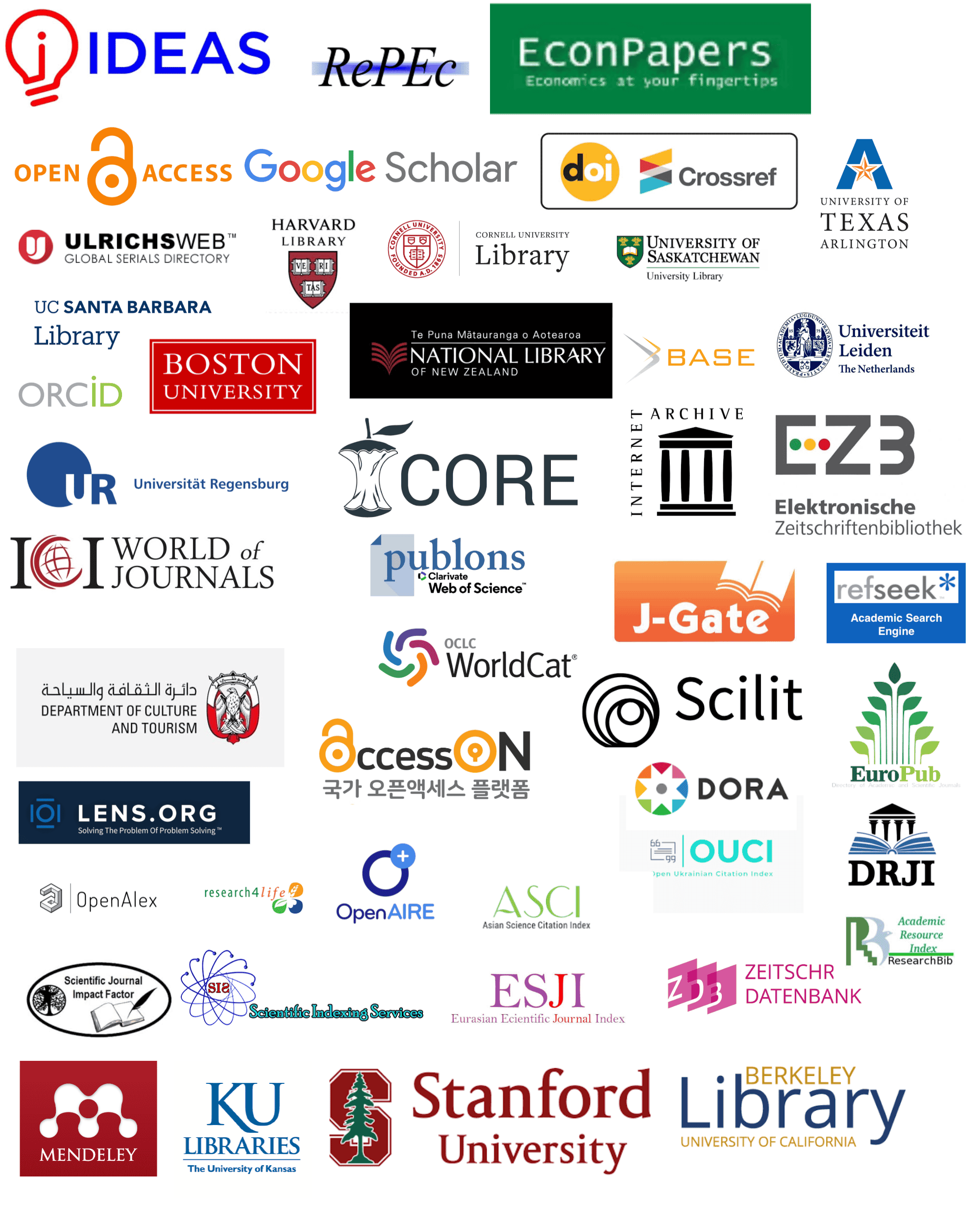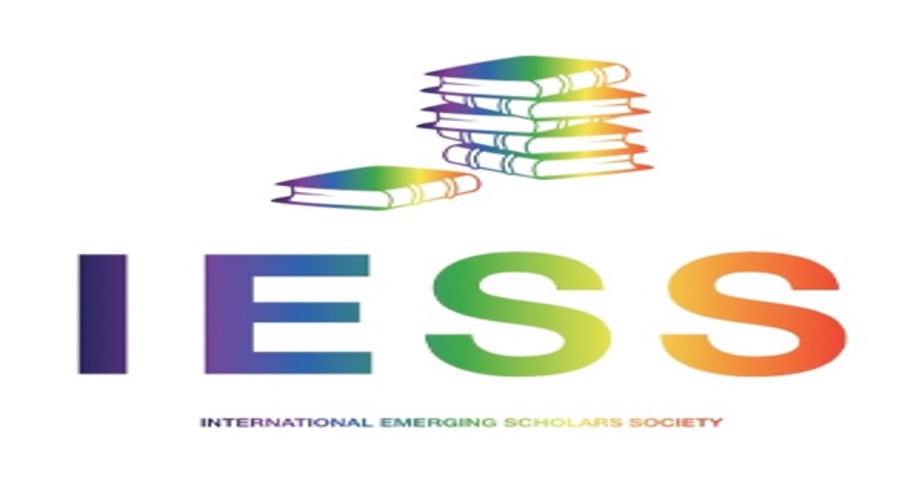A Comparative Analysis Career Drivers Marketing & Financial Professionals using RSI Psychometric Tool
DOI:
https://doi.org/10.56879/ijbm.v2i1.18Keywords:
Richmond survey Indicator; Psychological; Career Anchors; PersonalityAbstract
The paper presents the authors’ own research, which points to the possibility of applying the Richmond Survey Instrument test on the two different profiles of employees (Finance & Marketing) in Pune region. Participants and procedure-The research was conducted in the years 2019-2020 in Pune. The study population comprised 100 individuals from both the profiles. The employees were selected by Non-Probability Convenience Sampling method. The research participants had never undergone psychological evaluation for personality test (for instance, they had never taken the RSI test). The study population comprised 133 males (66.5%) and 67 females (33.5%). Results The statistical procedures applied in the present study allowed us to conduct empirical examination of the indicators of the investigated variables constituting the major psychological criteria for describing psychological functioning of personality, and thus to identify the main Career Anchors of these two professionals. Analysis of the data obtained as a result of this research allowed us to distinguish two significantly different clusters in the group examined individuals. The results of the present investigation indicate that cluster 1 exhibited a higher level of Strong determination to the specific Career Anchors whereas of personality structure compared with the study participants belonging to cluster 2.
Downloads
Published
Issue
Section
License
Copyright (c) 2023 Kavita Adsule, Preeti Surkutwar (Author)

This work is licensed under a Creative Commons Attribution 4.0 International License.


